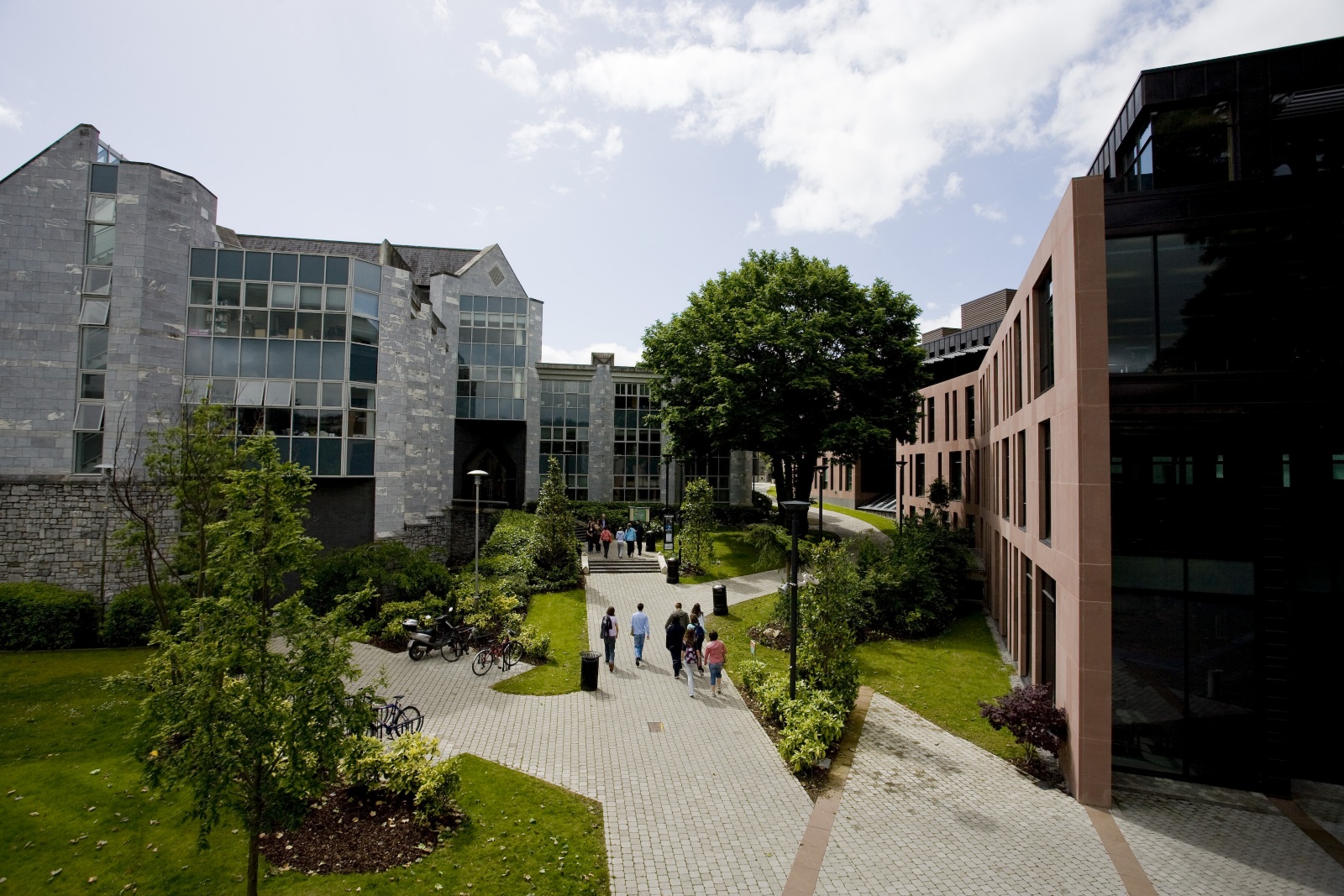In This Section
- Home
- About Us
- Research
- Research Clusters & Working Groups
- Ageing
- Children and Young People
- Research for Civil Society, Environment and Social Action (REACT)
- Genders, Sexualities and Families
- Disability and Mental Health
- SHAPE
- CARE21
- Migration and Integration
- Poverties, Social Justice and Inequalities
- Gender and the Academy Research Working Group
- Crime and Social Harm (CSH)
- Populism and the Rise of the Far-right
- Work, Organisations and Welfare
- TRANSS UCC Working Group
- News and Events
- People
- Events
- Join Us
Mad Activism in Academia

The ISS21 cluster on Mental Health and Disability is pleased to announce a one-day seminar entitled: Mad Activism in Academia: Challenging Traditions
Mad Activism in Academia: Challenging Traditions
Seminar hosted by ISS21 Mental Health and Disability Research Cluster
Monday 18 April 2016 from 10am – 4pm
CACSSS Seminar Room
O’Rahilly Building (ORB, G27)
University College Cork
This is an open invitation free event; however we would ask you to register your intention to attend at: http://www.eventbrite.com/e/mad-activism-in-academia-challenging-traditions-tickets-23981073035.
The event will be livestreamed. The link for the live transmission is: https://ucc.hosted.panopto.com/Panopto/Pages/Viewer.aspx?id=e2c3a6a2-13ca-4188-9566-6d0b5a6d505b
Mad Studies has its origins as an emergent field of study in the School of Disability Studies at Ryerston University, Canada in the early 00’s, with Kathryn Church, David Reville and Geoffrey Reaume amongst the key players. Since then, various Mad Studies events have taken place in some UK universities. This is the first such seminar in an Irish university. Church’s Making Madness Matter in Academic Practice and Cresswell and Spandler’s The Engaged Academic: Academic Intellectuals and the Psychiatric Survivor Movement have become influential papers in considering the position of Mad Studies in Academia.
Some of the critical questions addressed at the seminar will be:
- How can academics form alliances with social movements?
- How can we be more ‘engaged academics’?
- How can we value/legitimise ‘mad knowledge’?
- What is the role of universities in addressing social injustices
Structure of the day:
10.15 – 10.30: Welcome and Introduction to the day
10.30 – 11.30: Outsider Knowledge: Madness, Expertise and Social Justice.Jacqui Dillon; mental health activist, national Chair of the Hearing Voices Network England
11.30 – 12.00: coffee break
12.00 – 13.00: Mad Activism: Within and Beyond the Academy. Helen Spandler, Mental Health Reader, School of Social Work, Care and Community University of Central Lancashire, member of the editorial Collective of Asylum magazine
13.00 – 14.00: lunch break
14.00 – 15.00: Returning to Park House: Critical Autobiography as Mad Activism. Dina Poursanidou, Post-doctoral Research Fellow, Institute of Psychiatry, King’s College, London, member of the editorial Collective of Asylum magazine
15.00 – 16.00: Panel Discussion with panellists Dina Poursanidou, Helen Spandler, Liz Brosnan (Research Associate, Centre for Disability Law and Policy, NUIG, Galway), Rory Doody (Recovery Development Advocate, West Cork) and Pat Bracken (Consultant Psychiatrist, West Cork Mental Health Services)
16.00: Close of sessions
The event is supported by the ISS21, the College of Arts Celtic Studies and Social Sciences and the School of Applied Social Studies, UCC
Institute for Social Science in the 21st Century (ISS21)
Contact us
Top Floor, Carrigbawn/Safari Building, Donovan Road, Cork, T12 YE30
